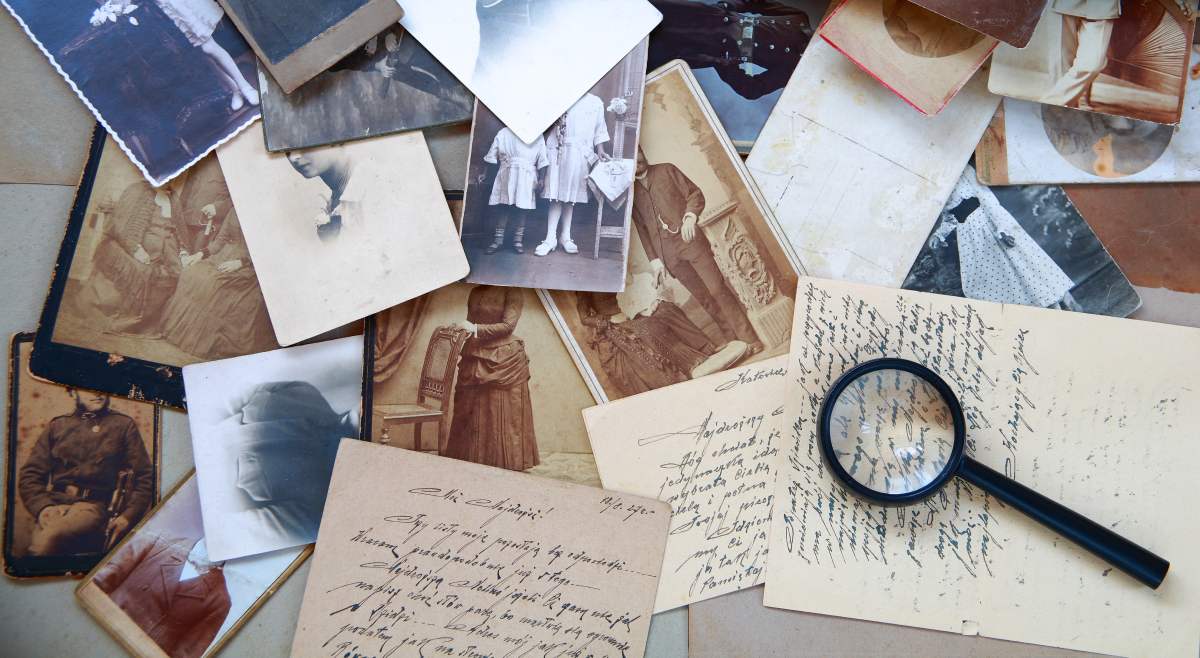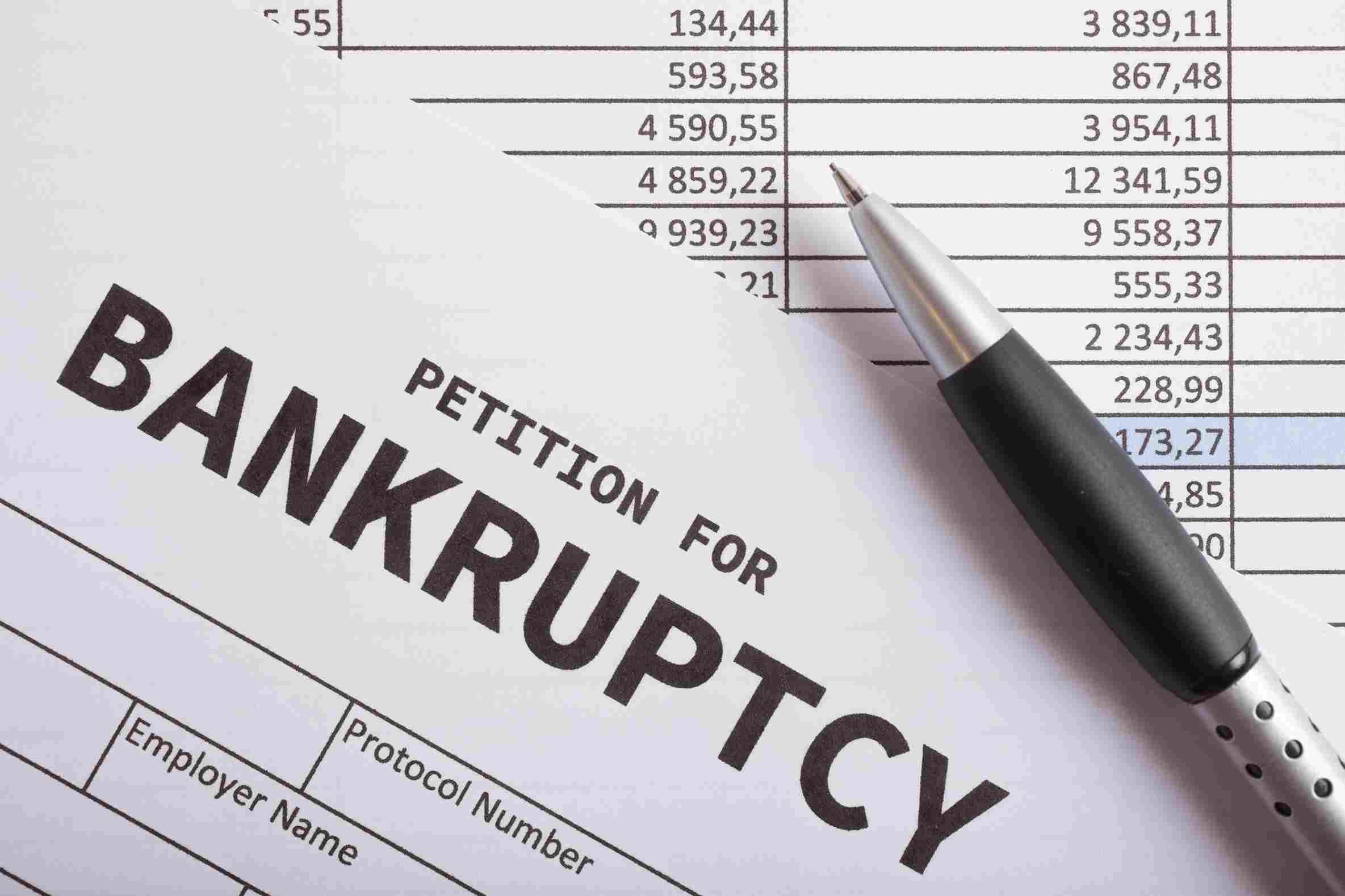
Table of Contents
- What is an executor of an estate?
- Accepting the role of executor
- Settling an estate
- Step 1: Find the Will and review its contents
- Step 2: Make funeral arrangements
- Step 3: Secure assets
- Step 4: Manage finances
- Step 5: Settle the estate
- Step 6: Disperse the estate according to the Will
- Step 7: Close the estate
- What's Next?
What is an executor of an estate?
There are two main roles when it comes to a Last Will and Testament:
- The testator is the person that created the Last Will.
- The executor is the person selected by the testator to execute the Will after their passing.
Accepting the role of executor
Before agreeing to be the executor for someone's Last Will and Testament, have an understanding of the duties associated with this role. Once you understand all of the executor's responsibilities, you can determine if you are suited for the job. Keep in mind that being an executor is not always easy, as you must fulfill the necessary duties while you are grieving.
If you accept the responsibility, talk to the testator about their estate plan. Have an in-depth conversation to ensure that you fully understand their wishes and your level of responsibility.
Here are some questions to ask the testator:
- Where is your Will located?
- Where do you keep important documents, such as property deeds, marriage certificates, insurance policies, etc.?
- Did you designate an alternate executor?
- Are there co-executors?
- Who are your representatives for your Power of Attorney and Living Will?
- Do you have a list of all your bank accounts and corresponding information? Where is this list located?
- Are there any specific valuable assets or trusts?
- Who are your beneficiaries?
- What kind of funeral arrangements do you prefer? Did you include pre-planning arrangements in your Will or with a funeral home?
- Do you have a lawyer or an accountant that you want to assist with closing your estate?
- Are there any other instructions I should know?
If you are a co-executor, communicate with the other person (or people) to ensure you are all on the same page and can work together when the time comes.
Settling an estate
When the testator passes away, your executor duties begin. While it may seem quite overwhelming, this person elected you because they believed in your ability to execute their last wishes and properly distribute their property.
As an executor, your role involves:
- Working with family, beneficiaries, and professionals to carry out the testator's estate plans
- Following instructions in the testator's Last Will and Testament
- Managing finance, legal, and business matters
When you are an executor, you should keep beneficiaries involved in the process and collaborate with co-executors. The order of your responsibilities may change based on the testator's estate, but your first step after their passing is to locate their Will.
Step 1: Find the Will and review its contents
The testator should have informed you where they kept their Will (e.g. in a safe, safety deposit box, or with a lawyer) before they passed away. After you've located their Will, you may choose to hire a lawyer to assist with closing the testator's estate. You can also choose to complete your duties without professional legal help and arrange for probate yourself.
Filing for probate confirms that the deceased's Will is valid and authorizes you to continue with your executor duties. Probate rules vary by jurisdiction and may depend on the value and size of the deceased's assets after deducting the non-probate assets. If the deceased left behind any minor children or pets, it's important to arrange for guardianship as dictated in their Last Will and Testament and provide support to the family during this time.
Smaller estates may not need probate, but you may still need to file the Will or other legal documents with the court. Hiring a lawyer may be helpful in determining if the deceased's estate Will is subject to probate.
Step 2: Make funeral arrangements
Many people appoint a close family member, such as a sibling or grown-up child, as their executor. Therefore, executors are often involved in making funeral arrangements. After locating the Will and beginning to close the testator's estate, funeral arrangements are often the next priority. Most funeral homes can help you apply for a death certificate, so you have a legal proof of death. Obtain a copy of the death certificate, as you will need it to verify the testator's death for financial, insurance, and probate purposes.
Step 3: Secure assets
As the executor of someone's Will, you must protect and secure their assets, including their safety deposit box (if they have one), real estate properties, business interests, vehicles, and valuable goods.
Once you have ensured that the deceased's assets are secure, your next steps are to:
- Keep the deceased's assets safe and insure their valuables or property, if necessary
- Conduct an inventory of items and get an appraisal if needed
- Determine if there are any non-probate assets (which are assets that don't need to go through the probate process and will pass directly to the heirs) included in the estate, such as trusts or life insurance (you can transfer this property outside of the probate court)
- Arrange for the transfer of any joint assets to the rightful owner
- Notify beneficiaries as per the testator's state requirements
- Notify creditors of the executor's passing
Step 4: Manage finances
You will need to close the testator's bank accounts and cancel all their subscriptions, credit cards, and utility bills (phone, cable, etc.). Then, inform all other parties (such as banks, brokers, tenants, landlords, doctors, post office, Social Security Administration, and more) of their death.
At this stage, you can open an estate account to manage the deceased's debts and assets. You can open an estate account through a bank. Usually, they will require a death certificate, a copy of the Will, and proof of probate.
If applicable, you may collect Social Security or any other money owed to the deceased, such as wages or dividends, and deposit the funds into the estate account. You can then continue to pay for the deceased's outstanding debts, such as mortgage or insurance bills, with this money.
When you are managing the deceased's financial accounts and assets, you may wish to hire a professional accountant and pay for it with the estate.
It's essential to follow the testator's wishes regarding specific gifts or property. For example, try to avoid selling gifts unless there are no other assets that can cover debts.
Step 5: Settle the estate
After you have paid off all of the deceased's outstanding debts, you can begin settling the remainder of their estate, including paying all professional fees (such as lawyer, accountant, etc.). As an executor, the testator may have outlined some type of reimbursement for your time and any expenses that you incurred while closing their estate.
You'll also need to file the last income tax return for the deceased, pay estate taxes, and file the necessary state and federal estate and/or inheritance tax returns if required.
Step 6: Disperse the estate according to the Will
After you have cleared the deceased's debts, disperse the remaining portion of the estate to the beneficiaries in the Last Will and Testament. First, deliver any specific gifts to individuals or organizations. Handle the remainder of assets (referred to as the residue of the estate) according to the distribution schedule outlined in the Will.
It's important to follow the Will carefully when allocating the estate to the beneficiaries. Conflicts over inheritances are common among grieving relatives. Ensure you have properly divided the estate as the deceased intended. The executor must remain unbiased in their duties, fulfilling the testator's wishes and doing their best to prevent family conflicts.
Step 7: Close the estate
Once you have dispersed all the assets, you can close the estate by organizing all records, including receipts for final accounting purposes, filing them accordingly, and closing the estate bank account. At this point, you should provide the beneficiaries and the court with a statement of accounts and file a final report with the probate court, whereby the court releases you of your executor duties and officially closes the estate.
What's Next?
After you've closed the estate, your duties as an executor end. Take this opportunity to reflect on your experience as an executor and consider whether you could have avoided any unnecessary challenges. You can then take a look at your own estate plans to see how you'd like your estate handled.
If you haven't already, appoint an executor for your Last Will and Testament. Discuss the entire process of probate and estate distribution with them, so they're prepared for the responsibility. With proper planning and communication, you can be confident that your executor will manage your estate successfully.


